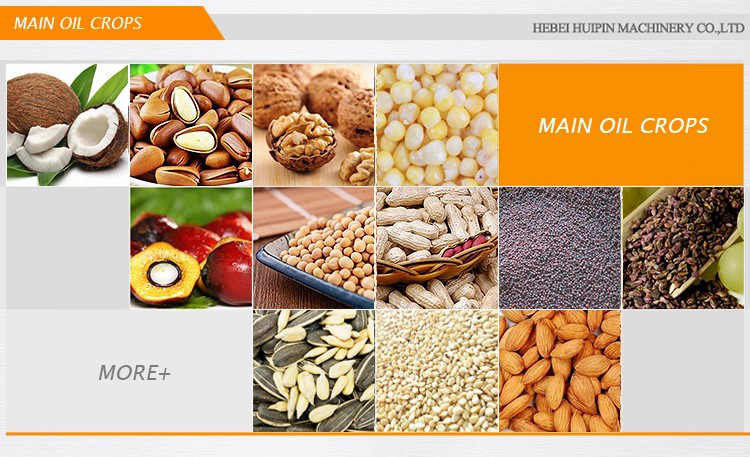Dec . 10, 2024 10:09 Back to list
Refined Vegetable Oil Service Unit Overview and Specifications
The Importance of Vegetable Oil Refining A Closer Look at Unit Services
Vegetable oil has become a staple in culinary practices, both at home and in industrial food production. The increasing demand for refined vegetable oil necessitates a comprehensive understanding of the refining process and the unit services involved. This article delves into the intricacies of vegetable oil refining, emphasizing its significance and the role of unit services in the industry.
Understanding Vegetable Oil Refining
Vegetable oil refining is a multi-step process that transforms crude vegetable oils into a product suitable for consumption. The primary goal of refining is to remove impurities, including free fatty acids, phospholipids, pigments, and odoriferous substances, which can negatively affect the oil’s taste, appearance, and shelf life. The refining process typically involves several stages degumming, neutralization, bleaching, and deodorization.
1. Degumming This initial step is aimed at removing phospholipids that can cause instability in the oil. Water or acids are added to the crude oil, which helps in separating these phospholipids. The result is a gum that can be further processed or disposed of.
2. Neutralization During this stage, free fatty acids that can lead to rancidity are neutralized, typically using caustic soda (sodium hydroxide). This chemical reaction forms soap, which is then separated from the oil.
3. Bleaching This process involves the removal of color pigments and residual soap through the use of absorbent materials, such as activated clay or carbon. The bleached oil not only appears clearer but is also a step toward improving the flavor.
4. Deodorization The final step is crucial for enhancing the oil's sensory properties. This process uses steam distillation under vacuum conditions to remove volatile compounds responsible for undesirable odors and tastes.
The Role of Unit Services in Oil Refining
Driving efficiency and quality in vegetable oil refining requires specialized unit services
. These services encompass various technological and engineering solutions designed to optimize each step of the refining process. The importance of unit services can be categorized into several key areas1. Equipment Design and Selection
vegetable oil refined unit service

Choosing the right equipment for each refinement phase is fundamental. This includes the design of reactors for neutralization, bleaching towers, and deodorization units. The efficiency of these machines directly impacts the yield and quality of the refined oil.
2. Process Optimization
Continuous improvement is vital in refining operations. Process optimization services analyze existing procedures to enhance efficiency, reduce waste, and lower production costs. Such services use data analysis and modeling techniques to identify bottlenecks within the refining process and propose actionable solutions.
3. Quality Control and Assurance
Consistency in oil quality is paramount in the food industry. Unit services incorporate rigorous quality control measures, using advanced testing equipment to monitor the quality of oil at every stage of the refining process. This ensures adherence to safety standards and regulations, ultimately providing consumers with safe and high-quality products.
4. Maintenance and Upkeep
Maintaining the equipment and infrastructure used in vegetable oil refining is essential for preventing downtime and prolonged outages. Unit services involve regular maintenance checks and prompt repairs to ensure continuous operations, thereby minimizing disruptions in production schedules.
5. Training and Support
To effectively use advanced refining technologies, personnel must be adequately trained. Unit services often include training programs focused on operational practices, safety standards, and troubleshooting techniques to empower staff, ensuring they are equipped to handle complex machinery and processes.
Conclusion
The refining of vegetable oil is a sophisticated process that has a profound impact on the quality of the end product. With an ever-increasing market demand, it is essential for producers to invest in effective unit services that enhance efficiency and product quality. From equipment selection to quality control, these services are integral to the success of vegetable oil refining, ultimately delivering a pure, safe, and high-quality oil to consumers. As the industry continues to evolve, the focus on refining processes and unit services will play a critical role in meeting consumer expectations and driving market growth.
-
HP 120 Cold Oil Press - Hebei Huipin Machinery | High-Efficiency Oil Extraction
NewsAug.17,2025
-
HP 120 Model Cold Oil Press-Hebei Huipin Machinery|Oil Extraction, Cold Press
NewsAug.17,2025
-
HP 120 Cold Oil Press-Hebei Huipin Machinery|Oil Extraction, Cold Press Machine
NewsAug.17,2025
-
HP 120 Cold Oil Press-Hebei Huipin Machinery|Oil Extraction, Cold Pressing
NewsAug.17,2025
-
High-Efficiency Black Seed Oil Expeller & Cold Press Machine
NewsAug.17,2025
-
HP 120 Model Cold Oil Press - Hebei Huipin Machinery | Oil Extraction Machine, Flaxseed Oil Press
NewsAug.16,2025
